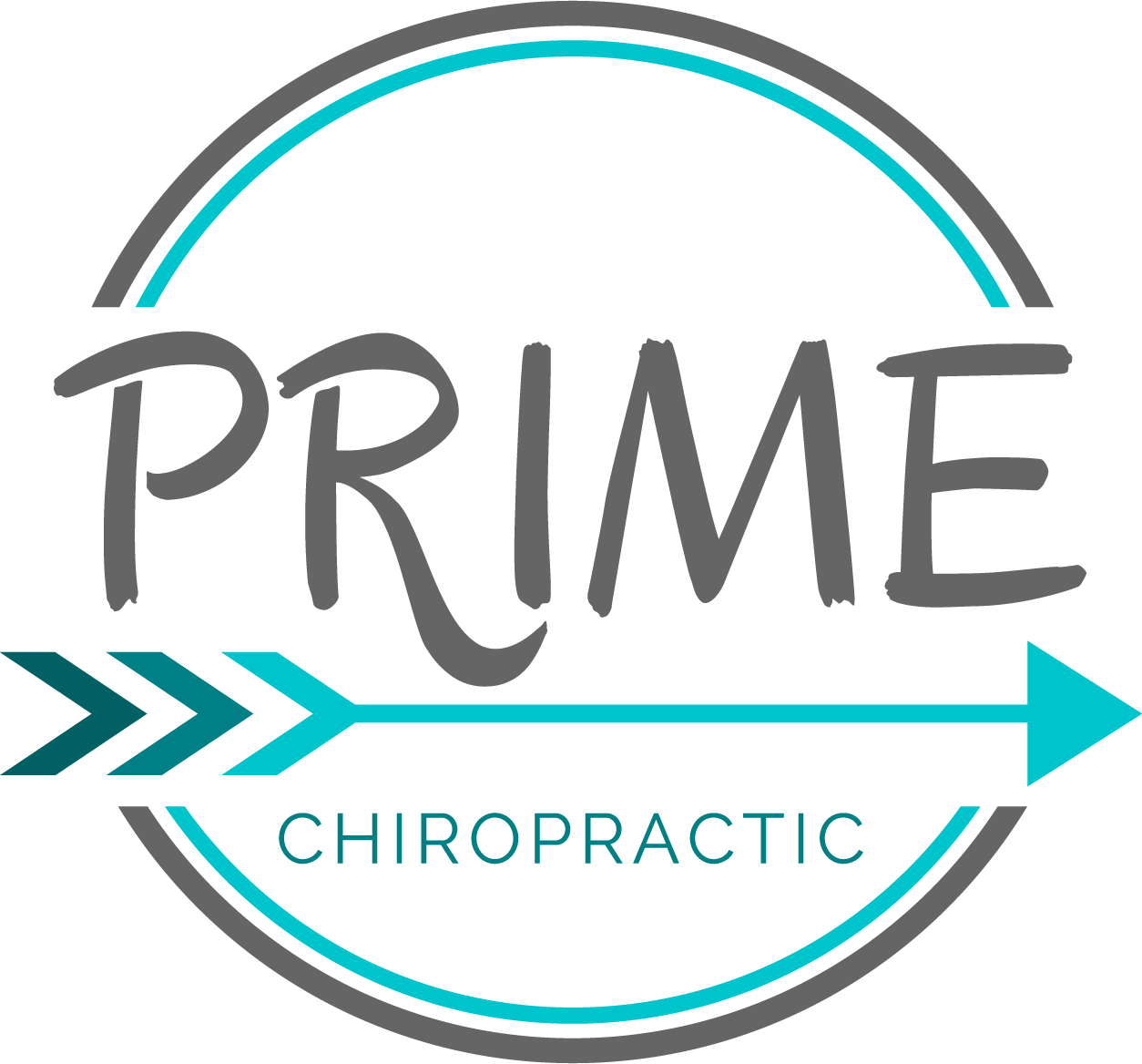“Our goal is to inspire you, to provide you with the latest health care options available, and make you smile. ”
Are You Getting Enough Sleep?
While sleep is still a largely neglected area of health, research shows that without proper sleep — both in terms of time and quality — every aspect of your health will be adversely impacted. Many important things happen during sleep, and only during sleep.
For example, sleep is required for the maintenance of metabolic homeostasis in and the removal of toxic waste from your brain, as well as the maintenance of biological homeostasis in your body. Without proper sleep, you leave yourself wide-open to chronic illness of all kinds, including diabetes, heart disease, neurodegeneration and cancer.
According to recent research, lack of sleep when you’re already struggling with a chronic health issue could be a downright deadly prescription. As reported by CNN Health: “If you're a middle-aged adult with high blood pressure, Type 2 diabetes or existing heart disease and you typically sleep less than six hours each night, you could be setting yourself up for cancer or an early death from heart disease.”
The study was published in the October 2019 issue of the Journal of the American Heart Association (JAHA). In it, researchers sought to determine whether short sleep duration would increase the risk of death associated with cardiometabolic risk factors (high blood pressure, elevated glucose or Type 2 diabetes) and cardiovascular and cerebrovascular diseases.
Data was gathered from 1,654 adults, those with cardiometabolic risk factors sleeping less than six hours had 2.14 times incidence of all-cause mortality than those who regularly slept six hours or more. They also had a 1.83 times higher risk of dying from cardiovascular or cerebrovascular diseases. Among those with a diagnosis of heart disease or stroke, sleeping less than six hours a night increased their all-cause mortality risk by 3.17 times. Interestingly, it also increased their risk of dying from cancer, specifically, by 2.92 times.
Sleep Quality Also Plays a Role in Heart Disease Risk
One study showed that people who regularly slept five hours or less had hearts that were biologically 5.1 years older than their chronological age.
Another 2018 study found that even if you sleep a healthy number of hours, the quality of that sleep can have a significant impact on your risk for high blood pressure and vascular inflammation associated with heart disease.
Women who had mild sleep disturbance such as taking longer to fall asleep or waking up one or more times during the night were far more likely to have high blood pressure than those who fell asleep quickly and slept soundly throughout the night.
Sleep Influences Your Cancer Risk
Similarly, research published in 2012 found sleep-disordered breathing or sleep apnea increases your risk of dying from cancer. Those with moderate sleep apnea were twice as likely to die from cancer, compared to those able to breathe normally during sleep. Those with severe sleep apnea had a 4.8 times higher cancer mortality.
General Sleep Guidelines
Considering the importance of sleep for preventing the two top killers in the U.S. (heart disease and cancer), just how much sleep do you need to reap protective benefits?
According to a scientific review of more than 300 studies published between 2004 and 2014, a panel of experts came up with the following recommendations. Keep in mind that if you’re sick, injured or pregnant, you may need a bit more than normal.
Feeling lethargic or unproductive lately? You may want to look at your sleep habits. Getting enough high-quality sleep is a major factor in improving your mood and overall health. Yet a lot of people fall short on it, increasing their risk for various health problems. Lack of Sleep and Chronic Disease Are a Risky Combo (Article)
Sleep and Chiropractic
If you can't seem to get a good night's sleep, there's some good news, getting adjusted may improve the quality of your sleep. One study found that one-third of people who have received a chiropractic adjustment report that they experience immediate sleep improvement.
And adults aren’t the only ones who can benefit. Forty percent of infants experience deeper slumbers after just one session with a chiropractor—a fact that every parent will love, considering that about one out of four babies has sleep troubles. And it’s likely that once your tot is sleeping well, you’ll get a better night’s sleep, too. Chiropractic Sleep Relief (Article)
And these studies are with just with one adjustment; think what time and repetition could do. Your chiropractor is laser focused on optimizing the health and function of your nervous system. Your nervous system controls and regulates every aspect of your body and health, including sleep and healing. Make sure to communicate with your chiropractor if you are having sleep issues so the two of you can craft strategies in addition to your care.
Simple Sleep Strategies to Implement Today:
1. Increase bright light exposure during the day
2. Reduce blue light exposure in the evening
3. Don’t consume caffeine late in the day
4. Reduce irregular or long daytime naps
5. Try to wake and sleep at consistent times
6. Don’t drink alcohol
7. Optimize your bedroom environment
8. Set your bedroom temperature (70 degrees F seems to be ideal)
9. Don’t eat late in the evening
10. Relax and clear your mind in the evening
11. Take a relaxing bath or shower
12. Get a comfortable bed, mattress and pillow
13. Exercise regularly-but not before bed
SO…
If you are tired of being stuck in the traditional “health” care model and want another approach, contact us today! We can’t wait to welcome you into the Prime Chiropractic family!
And as always, if you have any questions, or would information on any health topic, it would be my pleasure to help you!







